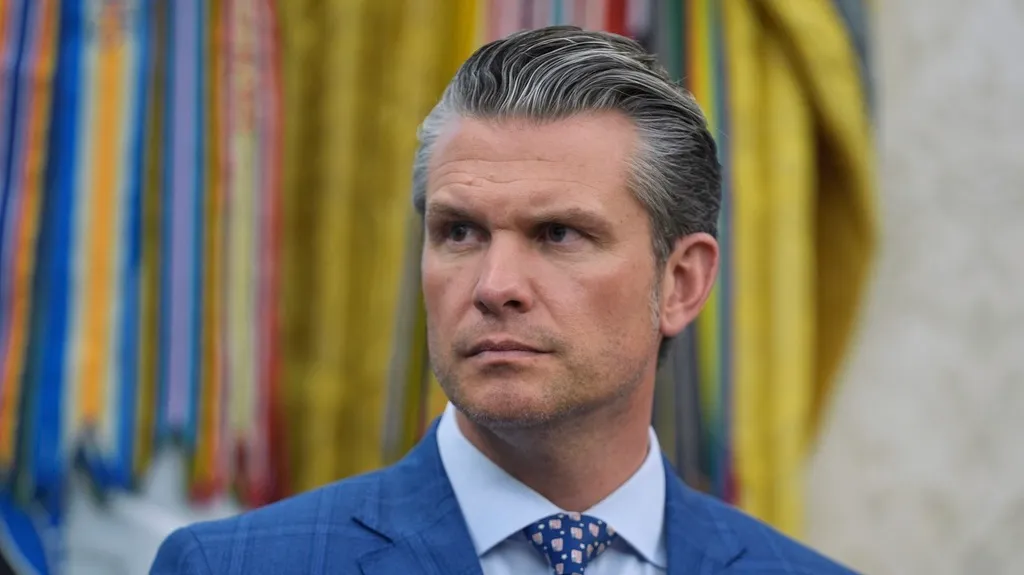January 16, 2016
All-Gender Restrooms Proposed in San Francisco
Seth Hemmelgarn READ TIME: 3 MIN.
San Francisco Supervisor David Campos this week introduced legislation that would require local businesses and city-owned properties to make all one-person bathrooms gender neutral.
The proposal is "something that should have been done many, many years ago," Campos, a gay man, said Monday at a news conference on the steps of City Hall. People who are transgender or gender-nonconforming, as well as those who are disabled and are accompanied by caretakers of a different gender, should not feel "afraid" when choosing a restroom, Campos said as he announced plans to introduce his proposal Tuesday.
"Transgender and gender-nonconforming people frequently experience harassment in toilet facilities," a draft of the legislation says. "Required use of gender-specific toilet facilities can create unnecessary risk that leads to transgender and gender-nonconforming people being denied access, being verbally harassed, or physically assaulted in these facilities. These experiences, in turn, impact one's education, employment, health, and participation in public life. This is especially true for transgender women of color, who experience the highest rates of discrimination."
Transgender Law Center Executive Director Kris Hayashi, a trans man who helped craft the proposal, said Monday, "I have the legal right to use the restroom that matches my gender."
Campos' legislation would be "a model for the nation," Hayashi said.
Jen Orthwein, who's senior counsel for TLC's Detention Project and identifies outside the gender binary, recalled a time when a man raised his clenched fist at her as she was exiting a hotel women's room.
"Experiences like this are not uncommon for me," said Orthwein, who in a news release explained, "People will yell at me for using the women's restroom, but I do not feel comfortable using a men's restroom."
Joanna Fraguli, deputy director for programmatic access for the Mayor's Office on Disability, was at Campos' news conference and talked about how using public restrooms often "requires the assistance of caretakers, family, or friends," and it's "always been a quest" to find a bathroom.
Berkeley, West Hollywood, and other cities have already enacted legislation similar to Campos', according to the District 9 supervisor, but San Francisco's legislation would be unique because it would include an enforcement mechanism through the city's Human Rights Commission and Department of Building Inspection.
Theresa Sparks, a transgender woman who serves as HRC's executive director, said legislation like Campos' has been discussed in San Francisco "for several years now."
The city needs to be aggressive on the issue and "take a leadership role in this," Sparks said.
DBI director Tom Hui said, "Our department fully supports this ordinance" and would take "every step to enforce it."
Senior building inspector Rick Halloran said the legislation addresses an issue his agency "has been struggling with for many years."
Isa Noyola, who identifies as gender fluid and works with El/La Para TransLatinas, urged people to support the proposal.
"Our communities are fighting to exist and survive" and are "constantly being scrutinized in all aspects of our lives. ... We know what we need to feel safe," Noyola said.
Ken Tray, political director for the United Educators of San Francisco union, said the city's school district already has a policy similar to what Campos is proposing "and no one blinks an eye."
The legislation "would help in a very profound way," Tray said.
The draft of the legislation says besides trans and non-conforming people and people with disabilities, all-gender bathrooms also "provide universal access for families with small children" and "seniors who require assistance or supervision."
According to Campos' office, the legislation would allow business owners to "create multi-stall bathrooms that are also gender neutral."
Among other provisions, the draft says, "while a person might choose to use an all-gender toilet facility, no one should be required to use an all-gender toilet facility because of their gender identity."
The draft also says businesses would have 90 days from the time the legislation takes effect to remove gender-specific door signage "and replace it with signage for all genders."
Additionally, at least one all-gender bathroom would have to be available "on each floor in any new building constructed on city-owned land."
The legislation is co-sponsored by Supervisors John Avalos, Mark Farrell, Jane Kim, and Eric Mar. Gay Supervisor Scott Wiener also supports the proposal, as does the city's chamber of commerce.






